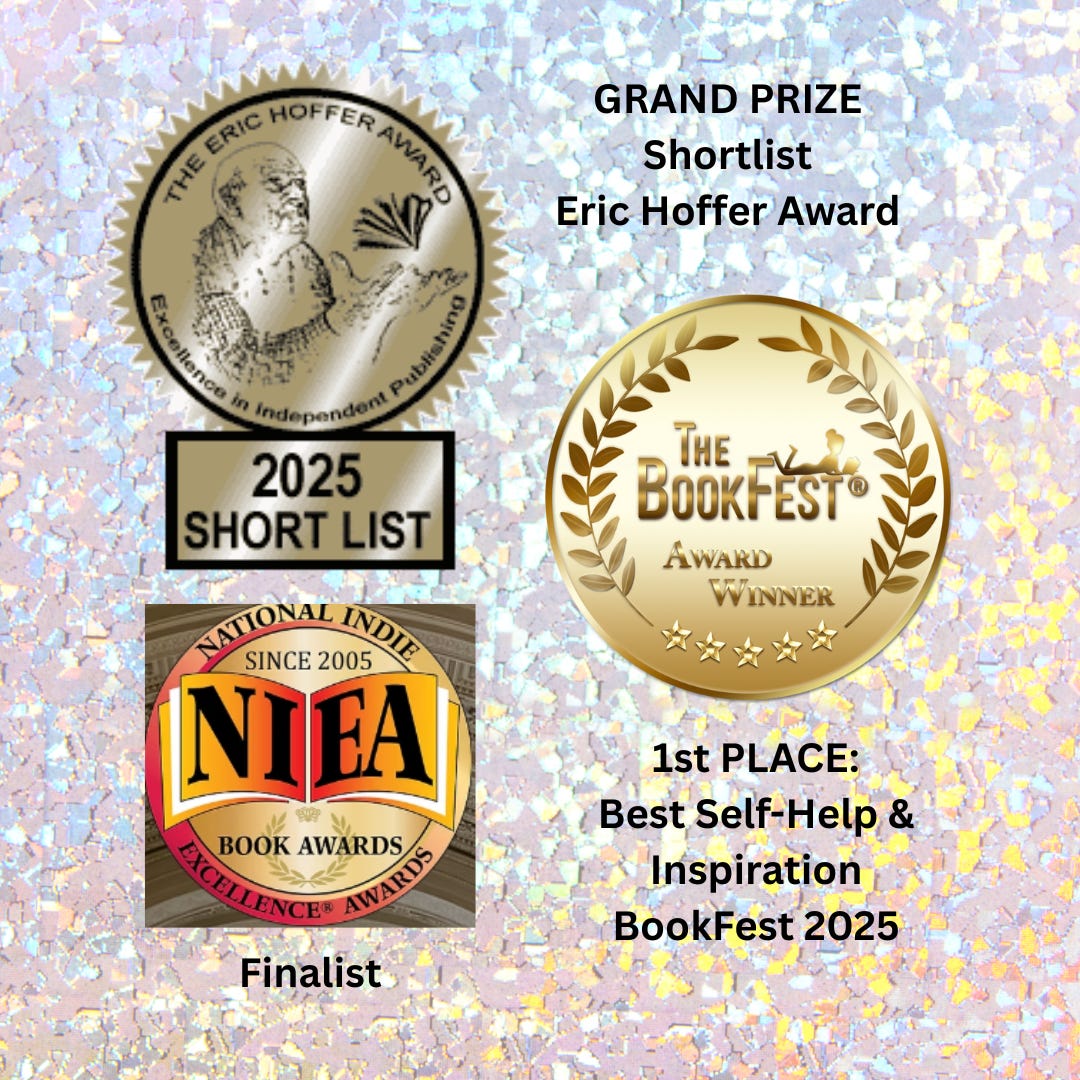A quick glance at the plethora of traditional quotes about “motivation” that plaster the internet can leave you with a queasy feeling, as if you’d eaten far too much cotton candy.
There’s good ol’ Ben Franklin, for instance: “Well done is better than well said.” I don’t find that motivating; I find it smarmy.
Or the otherwise admirable Eleanor Roosevelt: “With the new day comes new strengths and new thoughts.” I can almost see the kitten on the poster, hanging by its claws.
Motivation—what it is, how to find it, and how to sustain it—is far more elusive and complex than the platitudes let on. And it’s not a one-size-fits-all deal by any means. Factors that motivate me might send you diving under the covers, and vice versa.
I refer, in particular, to the motivation that a writer, or any artist, needs to undertake and then sustain a creative practice. Writing doesn’t write itself, hah-hah. A human must corral her imagination and a ton of willpower to get something down on paper. You can’t do that if you’re not motivated to at least try—and then try again and again.
How do you get motivated?
I can think of several sources of motivation that would seem suited to different personality types. Here are some that come to mind.
Motivated by a Dream
The dreamer is fixated on a beautiful outcome, say, landing an agent or big publishing deal; holding her hardcover book in her hands; getting great reviews; winning a prestigious literary award; being the keynote speaker at a writer’s conference. The dreamer craves the recognition that follows accomplishment, and so she is motivated by the idea (even if it’s a fantasy) that her work will be recognized by the establishment. She works every day toward making that dream a reality.
Motivated by Guilt
The artist motivated by guilt feels terrible about themselves if they are not writing regularly and churning out pages. The guilt can be crushing, making the writer feel worthless, which can lead to depression. Yet, perversely, guilt also works because it goads the writer to action. It feels better to settle down to write, even if that’s difficult, than to listen to the relentless, nagging voice of guilt that says “you’re nothing” if you’re not writing. Painful, but effective.
Motivated by Something to Prove
This artist is fueled by the mentality: “I’ll show them!” Perhaps she has been underestimated her whole life, her hopes and ambitions ridiculed and castigated by others. Perhaps her parents told her she’d never amount to anything. This writer has a chip on her shoulder—and she’s going to prove them all wrong! It’s not a comfortable place to be, psychologically, but the notion is that your writing practice will lead to a tangible outcome—a book—that others will have no choice but to respect. And by extension, hopefully, they’ll see you in a new light and respect you as never before.
Motivated by Story
The writer motivated by a deep-seated need to tell a story has an inner compunction to communicate what’s in her head to the world. This artist is captivated by a vivid imagination that won’t quit. Her story feels so real and she’s got to write it down and share it—sometimes quickly (as in, by rapidly self-publishing a book). This model also applies to the memoirist who believes deep in her soul that others will be moved and/or helped by learning about the writer’s own experiences and how she coped with trauma, dysfunction, learned from mistakes, and whatever else challenged her ability to survive and heal.
Motivated by Curiosity
A writer who’s deeply interested in historical fiction or telling a true story that’s nonfiction (from history to science to biography) is motivated by an insatiable curiosity to learn about an era, a person, the life and times of X, or to revisit or reinterpret received wisdom on a given topic. This writer is driven by a need to know things, make discoveries, forge connections, uncover forgotten facts. The desire to learn and then to reframe reality in some way drives this writer on through deep research and the endless culling and curation that is required to transform information into literature.
When I think about my own sources of motivation as a writer, I realize I borrow bits from each of these sources at different times, depending on my mental state and the kind of book I want to write. I’m probably a “guilt-forward” writer, that is, guilt is my most frequent and effective source of motivation.
So tell me:
Which of these sources of motivation, if any, resonate with you? What other sources belong on this list?
And while you’re thinking about that, ask yourself whether your own writing practice might be helped or strengthened if you inquire honestly into the factors that motivate you most reliably—and those that shut you down.
I think the late, great tennis player Arthur Ashe had it about right when he said: “Start where you are. Use what you have. Do what you can.”
The most decorated book you haven’t read yet….Wrangling the Doubt Monster: Fighting Fears, Finding Inspiration.







Thanks for writing this! I love it! I think I am motivated by curiosity: what’ll happen if I do this? And I’m motivated by the dream of being seen, even just a little bit, which is really just an attachment wound that I’m still healing. One day I will be fully healed, and I won’t need to do it anymore, and then life will be simpler. But this is a great list to look at and reflect on. Very helpful.
Motivated by the story comes closest for me. Or maybe curiosity. I have a lifelong compulsion to learn stuff and then share what I've learned - perfect for journalists, nonfiction authors, and gossips.